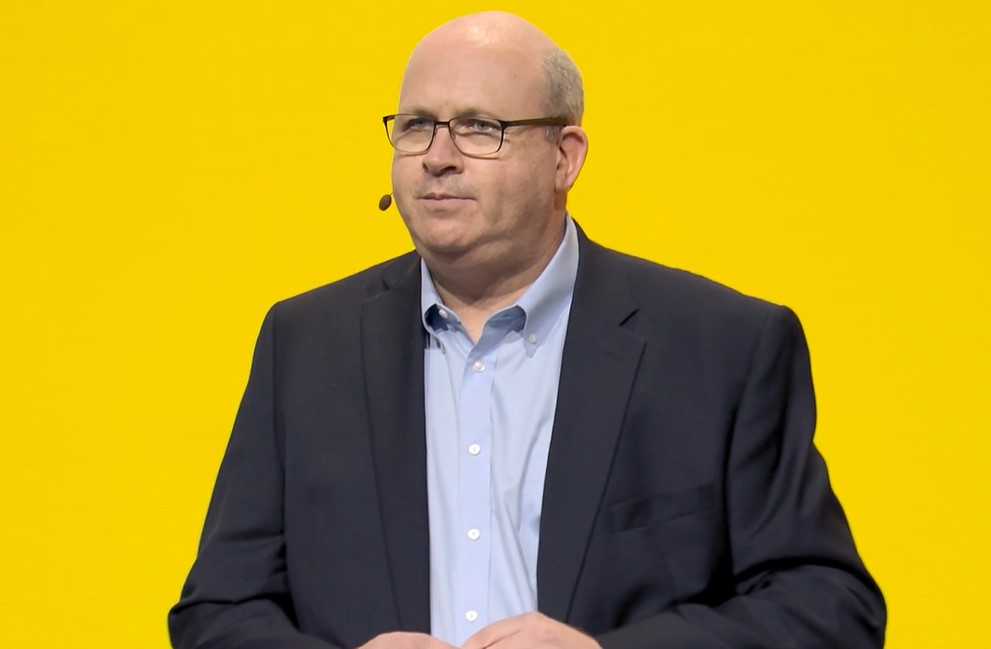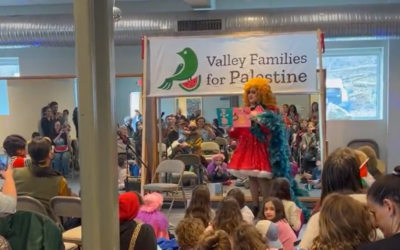By Corinne Murdock |
The Democratic Party’s go-to election lawyer that played a principal role in Hillary Clinton’s Russiagate hoax scored a victory against two Arizona laws requiring proof of citizenship to vote. Judge Susan Bolton — appointed by Clinton’s husband, former President Bill Clinton — issued the ruling last week.
Bolton ruled in the Arizona District Court case Mi Familia Vota v. Fontes that the two laws, HB 2492 and HB 2243, asked too much of voters by requiring proof of citizenship in order to vote. Bolton said the requirement constituted an “additional burden” that “disadvantages” voters.
Elias called proof of citizenship requirements “voter suppression.”
Whether or not the judge had ruled in favor of the state laws, the secretary of state’s office has apparently been ignoring certain reporting requirements in one of the contested laws. The Arizona Daily Independent reported that the legislature received neither of the required quarterly records on canceled voter registrations due to deaths, driver’s licenses in other states, jury questionnaire answers, and inactive voting history.
Bolton determined that the National Voter Registration Act (NVRA), the federal voter registration requirements and policies signed into law by Clinton, preempted both state laws. The NVRA requires states to register voters for federal elections using the federal government’s form; this form doesn’t require proof of citizenship, yet individuals may still cast votes in federal elections.
After the Supreme Court told Arizona in a 2013 ruling that it couldn’t reject NVRAs based on its lack of citizenship proof, then-Secretary of State Ken Bennett split the voter registration system to require proof of citizenship in statewide and local races, while offering the NVRA as an option to vote in federal races only. Those voters who capitalize on the latter are known as “federal-only” voters.
AZ Free News reported in 2021 that there were over 11,600 federal-only voters in the 2020 election based on limited vote data from several counties, most of which came from Maricopa County. That’s compared to the 1,700 federal-only votes cast in the 2018 election. At the time of our 2021 reporting, not all counties were publicly posting their federal-only ballots cast despite state law requiring the disclosure.
“[A]fter each general election, [the county recorder] shall post on the recorder’s website the number of ballots cast by those persons who were eligible to vote a ballot containing federal offices only,” states the law.
It appears that the state’s two largest counties neglected to adhere to the federal-only ballot disclosure law for the 2022 election.
Maricopa County didn’t publish a file like they did in 2020 disclosing the number of federal-only ballots cast for the 2022 election.
Pima County displayed the number of federal-only ballots cast for 2020, but it didn’t issue an update or similar public display for last year’s election. The county recorder only disclosed the number of provisional ballots it accepted or denied based on federal-only status in its December after-action report: 51, compared to the 107 provisional federal-only ballots accepted in the 2020 election and 108 provisional federal-only ballots accepted in the 2018 election.
Most of these federal-only ballots are likely absentee. About 89 percent of all voters in Arizona cast their vote by mail-in ballot.
In last week’s ruling, Bolton opined that the NVRA only allows states to place limits on mail-in voting when it comes to first-time voters, and not under any additional circumstances, like requiring proof of citizenship.
“Had Congress intended to permit states that allow absentee voting to require in-person voting under additional circumstances — including when a registrant fails to provide DPOC — it could have said so in the NVRA,” wrote Bolton. “Not only does the statute exclude failure to provide DPOC among the reasons a state may require an individual to vote in person, but as explained below, the purpose of the NVRA supports an interference that Congress meant to limit the number of circumstances in which a state could prevent an individual from voting by mail.”
The court addressed whether the laws were conducive to enhancing the participation of eligible citizens as voters in elections for federal office. The Fifteenth Amendment expressly assigns the right to vote with U.S. citizens, with the definition of citizenship provided in the amendment immediately preceding, the Fourteenth Amendment.
Bolton also ruled that the state failed to limit its systemic purges of voter rolls from occurring within 90 days of an election. She rejected arguments from the state that this 90-day window didn’t apply to voters who were found to be noncitizens. Meaning, individuals not qualified to vote can’t be purged from voter rolls in a systematic manner if they’re discovered as ineligible within 90 days of an election; these removals may only occur on a strictly individual basis.
“While the Court agrees with Plaintiffs that the State may still conduct individualized voter removals within the 90-day window, the systematic removal program mandated by HB 2243 violates Section 8(c)(2) of the NVRA,” stated Bolton.
Bolton opted not to rule yet on several issues. Two concerned the state’s requirement of investigations and cancellations of the voter registrations of those noncitizens identified through various government databases. Another concerned the state’s requirement of an individual to disclose their citizenship and birthplace, which Bolton noted were only in violation of the Materiality Provision when also providing the state with DPOC.
“The Checkbox Requirement violates the Materiality Provision when an applicant provides satisfactory evidence of citizenship,” stated Bolton.
Ruling on those questions will be issued sometime after the November trial.
Elias was joined in the lawsuit against the laws by the Department of Justice (DOJ) last summer.
Corinne Murdock is a reporter for AZ Free News. Follow her latest on Twitter, or email tips to corinne@azfreenews.com.








